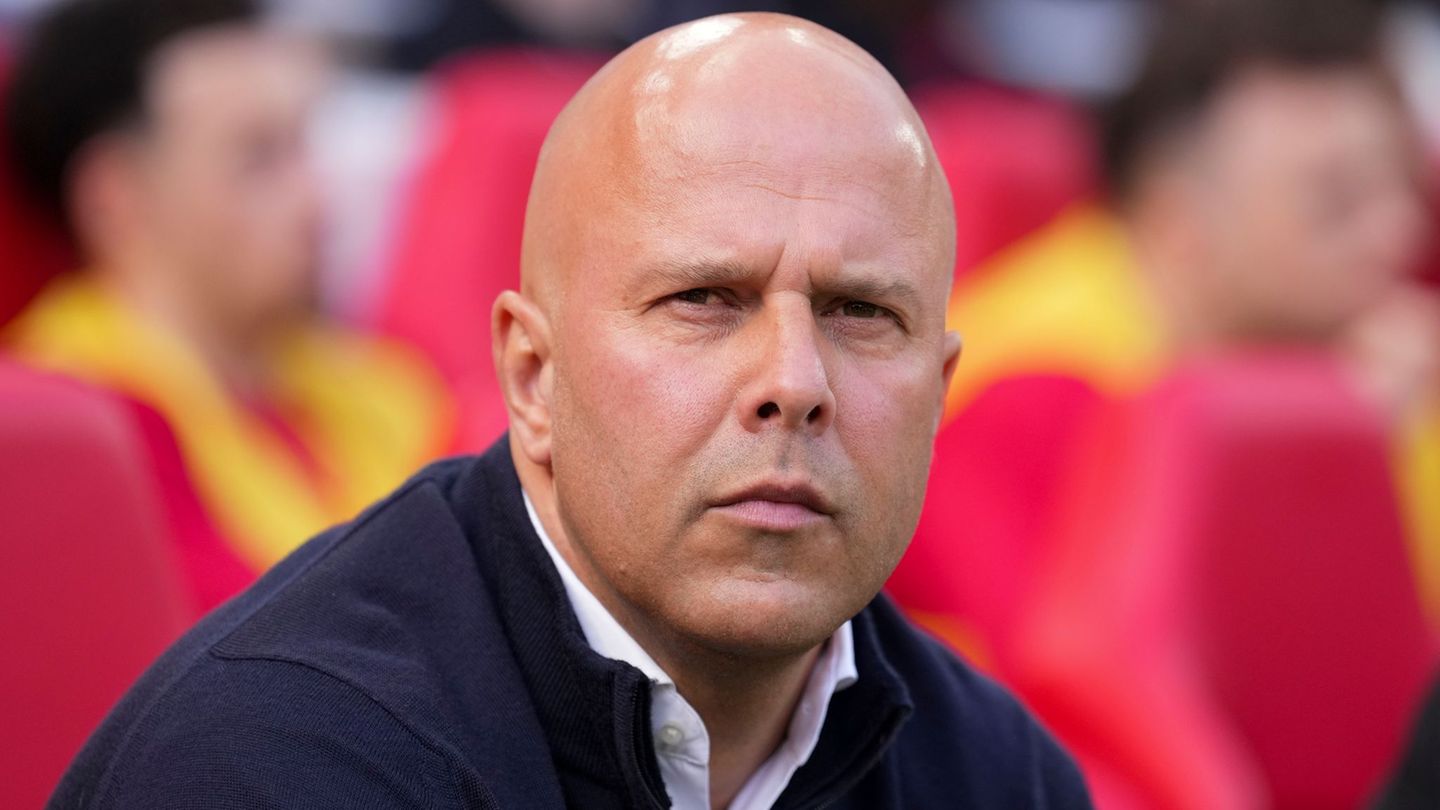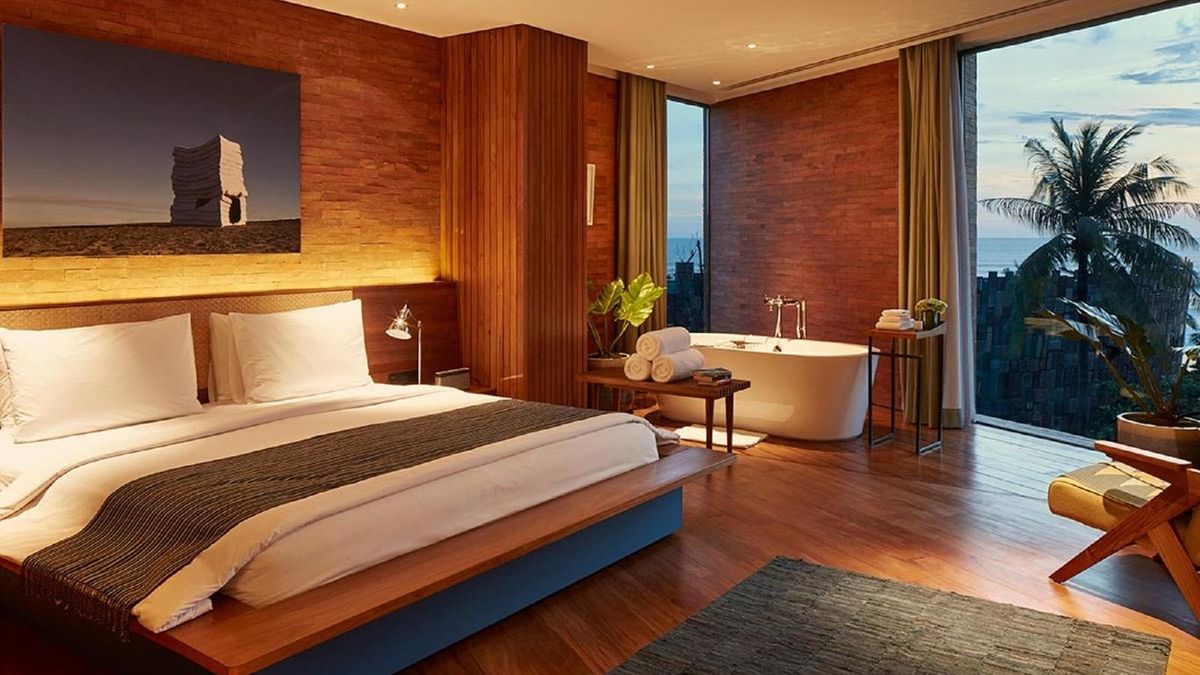A regulation on filling public service positions has led to nationwide protests. The government in Dhaka is trying to suppress the demonstrations. There are deaths and injuries.
After clashes between demonstrators and police during student protests in Bangladesh, the government has imposed a nationwide curfew. The army will also be deployed in the capital Dhaka and other districts, Interior Minister Asaduzzaman Khan announced. Since the violence began on Tuesday, more than 100 people have died in the protests – at least 56 on Friday alone, BBC Bangla reported, citing the daily newspapers “Prothom Alo” and “The Daily Star”, among others.
Current reports from this and other local media were not available online on Saturday. The government had largely cut off internet, telephone and text message connections. The number of casualties has not been officially confirmed. The US embassy in Bangladesh spoke of hundreds to thousands of injured.
In the capital Dhaka, all demonstrations were banned until further notice on Friday, as “Prothom Alo” reported, citing the police. Nevertheless, some protests took place. The police used sound grenades, tear gas and rubber bullets, among other things, said a reporter from the German Press Agency on site. Protesters set fire to vehicles, shops and offices, among other things. They also stormed a prison in a district near Dhaka, where many inmates escaped, local television reported.
Student representatives met with government officials at midnight on Friday, it was said. However, there was no information on the results of the talks, BBC Bangla reported. On Saturday, the streets were mainly occupied by military personnel. The Bangladesh government’s website appeared to have been hacked. On Saturday, it read: “Stop killing students” and “It’s no longer a protest, it’s now a war.”
Demand for performance instead of quotas
The demonstrations, which have been ongoing since the beginning of July, are directed against the possible reintroduction of an old quota system. It envisages reserving more than half of the jobs in the public sector for certain groups – for example, for descendants of soldiers who fought for the country’s independence in 1971, for women and for people from poor areas.
Thousands of young people, however, are demanding a system that places more emphasis on performance. In the country with more than 170 million inhabitants, unemployment and inflation are high. On Thursday, the government signaled its willingness to reform the system and to hold talks.
According to observers, the quota system favors supporters of long-time Prime Minister Sheikh Hasina and her Awami League. She is accused of abusing state institutions to consolidate her power. The government, in turn, accuses part of the opposition Bangladesh Nationalist Party of fueling the violence during the protests. On Friday afternoon, the police arrested the important opposition politician Ruhul Kabir Rizvi.
Source: Stern
I have been working in the news industry for over 6 years, first as a reporter and now as an editor. I have covered politics extensively, and my work has appeared in major newspapers and online news outlets around the world. In addition to my writing, I also contribute regularly to 24 Hours World.




